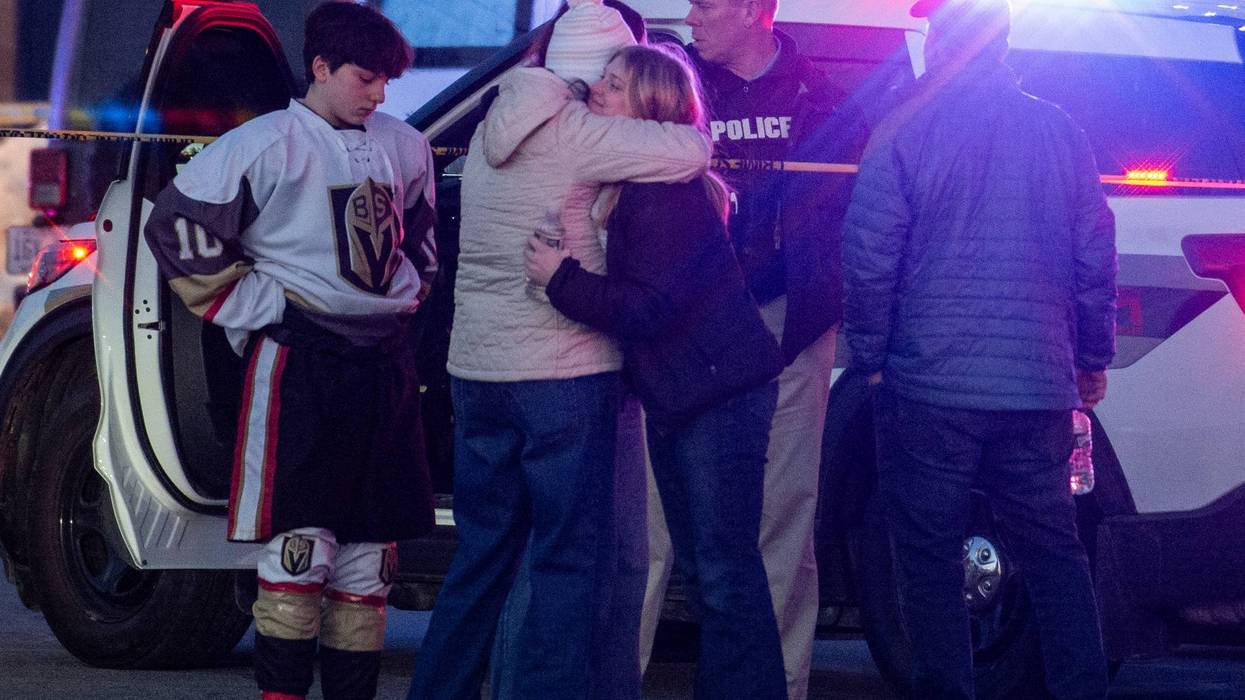"We realized pretty quickly that it was a gunshot. It was very scary," hockey player Silas Core said during an interview with WCVB, adding that he and his teammates rushed into a locker room.
"We barricaded the locker room with our bodies. We were all pressing up against it," he said. "Everybody was, you know, worried about our parents and everybody."
Core's mother told WCVB that everything "just happened so fast."
"You don't even know. You know, you just see everybody else on the ground and you kind of get on the ground," she said. "This is really disturbing, you know? And it's the other team's senior day. Like, it was supposed to be a special day for the team."
Pawtucket Police Chief Tina Goncalves said the shooting appeared to be “a family dispute," a “tragic” but "isolated" incident.
A woman who said she was the shooter's daughter told WCVB that the man suffered from mental health problems.
"He shot my family, and he's dead now," she said.
FBI Director Kash Patel said on X that the agency "will provide state and local law enforcement any and all resources necessary and keep the public updated as we are able."
"In the meantime," he added, "please pray for the victims and their families."
Democratic Rhode Island Gov. Dan McKee said that "as governor, a parent, and a former coach, my heart breaks for the victims, families, students, and everyone impacted by the devastating shooting at Lynch Arena in Pawtucket."
McKee added that he is "praying for our communities."
Gun control advocates demanded more than the customary thoughts and prayers.
"As a native Rhode Islander who has played many games in that very rink, this tragedy hits especially close to home," Stop Gun Violence board chair Brian Lemek said. "That space holds memories of community, competition, and joy—and now it’s filled with pain no community should have to carry."
"The only thing young athletes should worry about is the scoreboard—not their safety," he continued. "Our kids deserve spaces that bring communities together, they deserve to be safe, and they deserve a future free from this constant fear."
"This is no way for our kids to live," Lemek added. "We need to stop this madness."
Monday's incident follows December's mass shooting at Brown University in Providence—which is less than 10 miles from Pawtucket—that left two people dead and nine others wounded.
"We can and should work together to promote responsible gun ownership and pass legislation like safe storage laws and red flag laws—widely supported measures that keep guns out of dangerous situations while respecting responsible ownership," Lemek asserted Monday.
"I’m holding the victims and their loved ones in my heart," he added, "and I’m more determined than ever to build a future where our kids are safe in the places meant for joy."






